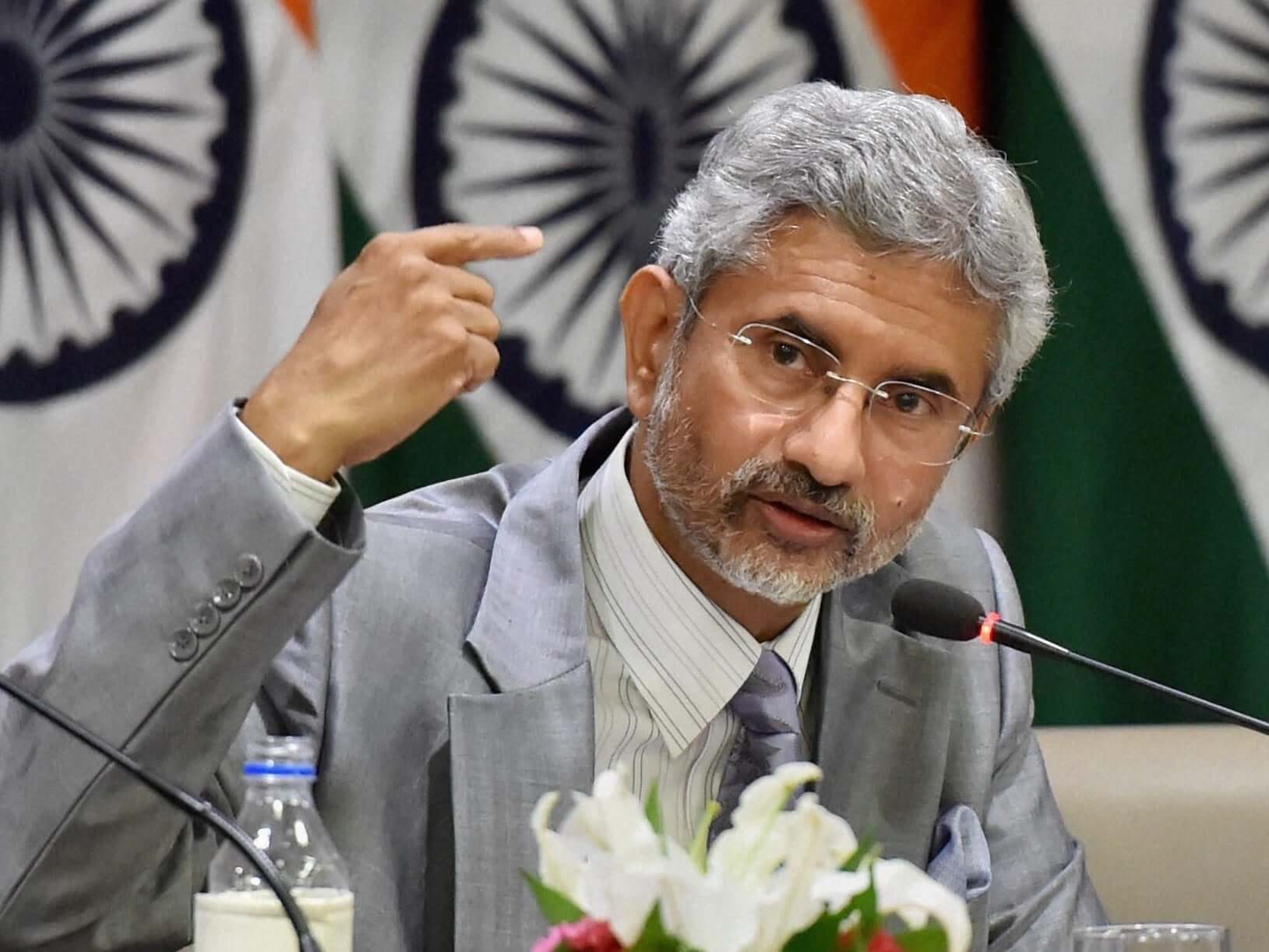Indian External Affairs Minister (EAM) S. Jaishankar revealed on Monday that New Delhi has presented Moscow with a list of Indian products for which it has requested access to the Russian market.
Speaking in a press conference alongside his German counterpart Annalena Baerbock, Jaishankar said, “We have given Russians a set of products which we believe we are very competitive in and which we feel should be getting access to the Russian market.” He said that authorities would assess the market to determine which items would make the cut and how much to export.
He clarified, however, that this is not a new development and that discussions on increasing Indian exports to Russia have been going on for at least eight years, well before Russia invaded Ukraine on 24 February.
Laying the context for the list, Jaishankar highlighted that bilateral trade between India and Russia is “really quite small,” estimated at just $12-13 billion, a fraction of Russia’s trade with European countries.
The EAM said he co-chairs a body dedicated to expanding India-Russia economic cooperation, with a focus on confronting challenges like phytosanitary standards, non-tariff barriers, and regulatory impediments.
A wide ranging conversation today with FM @ABaerbock of Germany. Took forward our frequent exchanges, this time in greater detail.
— Dr. S. Jaishankar (@DrSJaishankar) December 5, 2022
Reviewed our bilateral ties and shared perspectives on a number of important regional and global issues. pic.twitter.com/ibNUs34S38
Jaishankar’s statement comes just over a week after Reuters quoted Indian government sources saying that Russia has requested India to deliver a list of over 500 raw materials and equipment—including parts for cars, aircraft, and trains—to prop up its industrial and manufacturing sector due to the impact of Western sanctions and the exit of multiple foreign manufacturers in the wake of the Ukraine war.
The list reportedly includes bumpers, seatbelts, pistons, oil pumps, and ignition coils for cars, and landing gear components, communication systems, and aviation tyres for aircraft and helicopters. In addition, Russia is seeking to acquire paper, paper bags, consumer packaging, textiles, and 200 metallurgy items.
The report said the Russian Ministry of Industry and Trade had called on large companies to present a list of raw materials and equipment required for import. A Russian industry source told Reuters that discussions on the specific items and quantities are still ongoing with India and other countries.
"Our trade with Russia small..most European countries have multiple times trade", EAM Jaishankar in response to question on growing India Russia; mentions New Delhi has handed over list of products India is competitive in to Russia. pic.twitter.com/4dmdSBqjkI
— Sidhant Sibal (@sidhant) December 5, 2022
However, Indian exporters are sceptical about doing business with Russia due to fears of sanctions and uncertainty regarding insurance and payments, given that Russia has been blocked from most established international payment and insurance mechanisms. Indian companies are also unsure about the new Rupee-Rubble exchange system.
The decision to increase exports to Russia will serve a dual purpose, cumulatively benefiting both India and Russia.
Firstly, it will help Russia mitigate the increasing shortages of products it faces amid Western sanctions that have limited its access to essential materials, impacting several sectors, including the airline and automobile industries.
Secondly, it will bridge India’s growing trade deficit with Russia, given that Moscow has emerged as India’s largest oil supplier. Moscow is also India’s largest defence supplier. It is, however, the fourth-largest importer of Indian pharmaceuticals, which could provide an avenue for growth.
"European Union between Feb to Nov has imported more fossil fuel from Russia than next 10 countries combined.." says EAM Jaishankar in response to a question on India importing energy from Russia. pic.twitter.com/GVRwe5z2CI
— Sidhant Sibal (@sidhant) December 5, 2022
On being questioned about India’s decision to continue oil imports from Russia, Jaishankar retorted that the amount of fossil fuel imported by the European Union since the beginning of the Russia-Ukraine war to 17 November was more than the next ten importers combined. He noted that the amount of oil and coal the bloc imported during this period was respectively six times and double the amount of India.
The EAM said that Europe is also purchasing a lot more oil from the Middle East, which was India’s primary source, forcing it to turn to other alternatives.
He insisted that the media and government must understand that there exists a finite amount of energy resources. To this end, while it is justified for Europe to do whatever is required to protect its energy security, it cannot ask India to prioritise differently, the diplomat stressed.
Jaishankar also addressed a question about what the increase in trade means for India’s position on the Ukraine war. He reiterated Indian Prime Minister Narendra Modi’s statement that “this is not an era of war.” He assured that India remains on the side of dialogue and diplomacy.
Nevertheless, he underscored, “It’s not for India to specify or to advocate or to condition that is not our intention, that has not been our approach, it is something which the parties involved will have to decide.”

